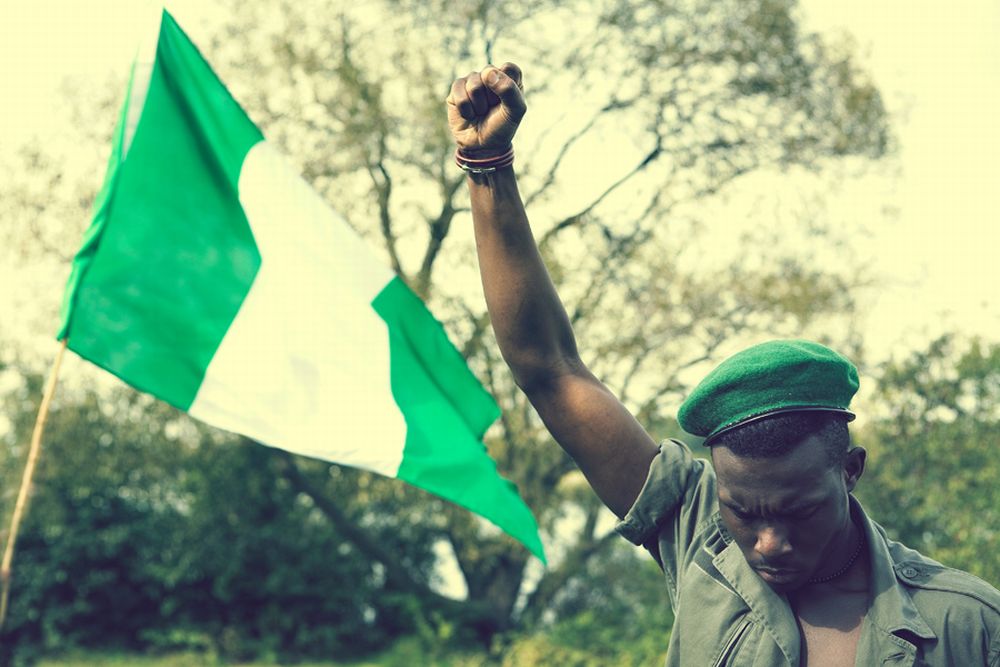At Nigeria’s independence in 1960, the country was composed of three main regions: the Muslim Fulani/ Hausa in the North, the mostly Igbo East and the west which had mostly Yoruba people. At elections in 1959, the country was politically divided with the Northern People’s Congress (NPC) winning the north, the National Council for Nigeria and Cameroon (NCNC) won the East while the Action Group won the West.
Initially, the NCNC and the NPC formed a coalition but over time they were not able to keep it together. Intense power struggles within the parties led to discontent among the citizens. During the strike of 1963 and 1964, workers demanded a wage increase but did not receive one. By the time the election of 1964 took place, there was discontent about the way the census had been conducted and how the districts had been divided. The opposition decided to boycott the election.
The first coup after independence took place on January 15, 1966 and was conducted by mostly Igbo army officers who killed the Prime Minister, premiers of the North and West, two cabinet ministers and senior army officers. However, General Ironsi successfully launched a rebellion that squashed the coup. As a debt of gratitude, the cabinet gave power to General Ironsu to lead the government.
Ironsu announced a plan to unify the civil service which alienated the North because they were afraid more qualified southerners would take their jobs. The discontent was so severe, the North rioted and eventually launched a coup to take over government. General Ironsu was killed and Lieutenant Colonel Yakubu Gowan became the leader. Gowon was a Christian from the North which did not appease the discontent in the north. The massive discontent led to the formation of the Republic of Biafra through an announcement made by Lieutenant Colonel Chukwuemeka Ojukwu on May 30, 1967.
Biafra: The Early Years
The Republic of Biafra was supported by several allies including South Africa, France, Zambia, and Tanzania. The Nigerian government was aided by the British, Soviets, Egyptians, and East Germans. After three years, Biafra was defeated by the Nigerian government in 1970. Unfortunately, 600,000 died during this conflict.




